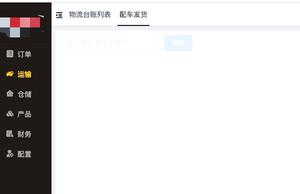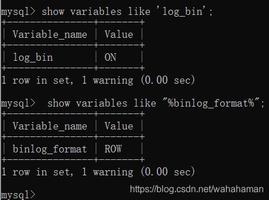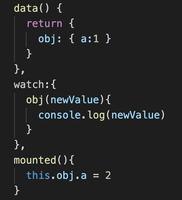React 创建组件
示例
这是基本示例的扩展:
基本结构
import React, { Component } from 'react';import { render } from 'react-dom';
class FirstComponent extends Component {
render() {
return (
<div>
Hello, {this.props.name}! I am a FirstComponent.
</div>
);
}
}
render(
<FirstComponent name={ 'User' } />,
document.getElementById('content')
);
上面的示例称为无状态组件,因为它不包含状态(按词的React含义)。
在这种情况下,某些人会发现最好使用基于ES6箭头功能的无状态功能组件。
无状态功能组件
在许多应用程序中,有一些智能组件可以保持状态,但可以渲染笨拙的组件,这些组件仅接收道具并将HTML作为JSX返回。无状态功能组件具有更高的可重用性,并对您的应用程序产生积极的性能影响。
它们具有2个主要特征:
渲染时,他们会收到一个带有所有传递下来的道具的对象
他们必须返回要渲染的JSX
// 在模块内部使用JSX时,必须导入Reactimport React from 'react';
import PropTypes from 'prop-types';
const FirstComponent = props => (
<div>
Hello, {props.name}! I am a FirstComponent.
</div>
);
//箭头组件也可能具有道具验证
FirstComponent.propTypes = {
name: PropTypes.string.isRequired,
}
// 要在另一个文件中使用FirstComponent,必须通过导出调用将其公开:
export default FirstComponent;
状态组件
与上面显示的“无状态”组件相反,“有状态”组件具有可以用该setState方法更新的状态对象。必须先在中初始化状态,constructor然后才能设置状态:
import React, { Component } from 'react';class SecondComponent extends Component {
constructor(props) {
super(props);
this.state= {
toggle: true
};
// 这是在传递onClick作为回调时绑定上下文
this.onClick= this.onClick.bind(this);
}
onClick() {
this.setState((prevState, props) => ({
toggle: !prevState.toggle
}));
}
render() {
return (
<div onClick={this.onClick}>
Hello, {this.props.name}! I am a SecondComponent.
<br />
Toggle is: {this.state.toggle}
</div>
);
}
}
用PureComponent代替扩展组件Component将自动实现shouldComponentUpdate()具有浅支持和状态比较的生命周期方法。这样可以减少不必要的渲染次数,从而使应用程序的性能更高。这假设您的组件是“纯”的,并且始终以相同的状态和道具输入呈现相同的输出。
高阶组件
高阶组件(HOC)允许共享组件功能。
import React, { Component } from 'react';const PrintHello = ComposedComponent => class extends Component {
onClick() {
console.log('hello');
}
/* The higher order component takes another component as a parameter
and then renders it with additional props */
render() {
return <ComposedComponent {...this.props } onClick={this.onClick} />
}
}
const FirstComponent = props => (
<div onClick={props.onClick}>
Hello, {props.name}! I am a FirstComponent.
</div>
);
const ExtendedComponent = PrintHello(FirstComponent);
当您想要在多个组件之间共享逻辑时,无论它们呈现的差异如何,都使用高阶组件。
以上是 React 创建组件 的全部内容, 来源链接: utcz.com/z/326192.html







